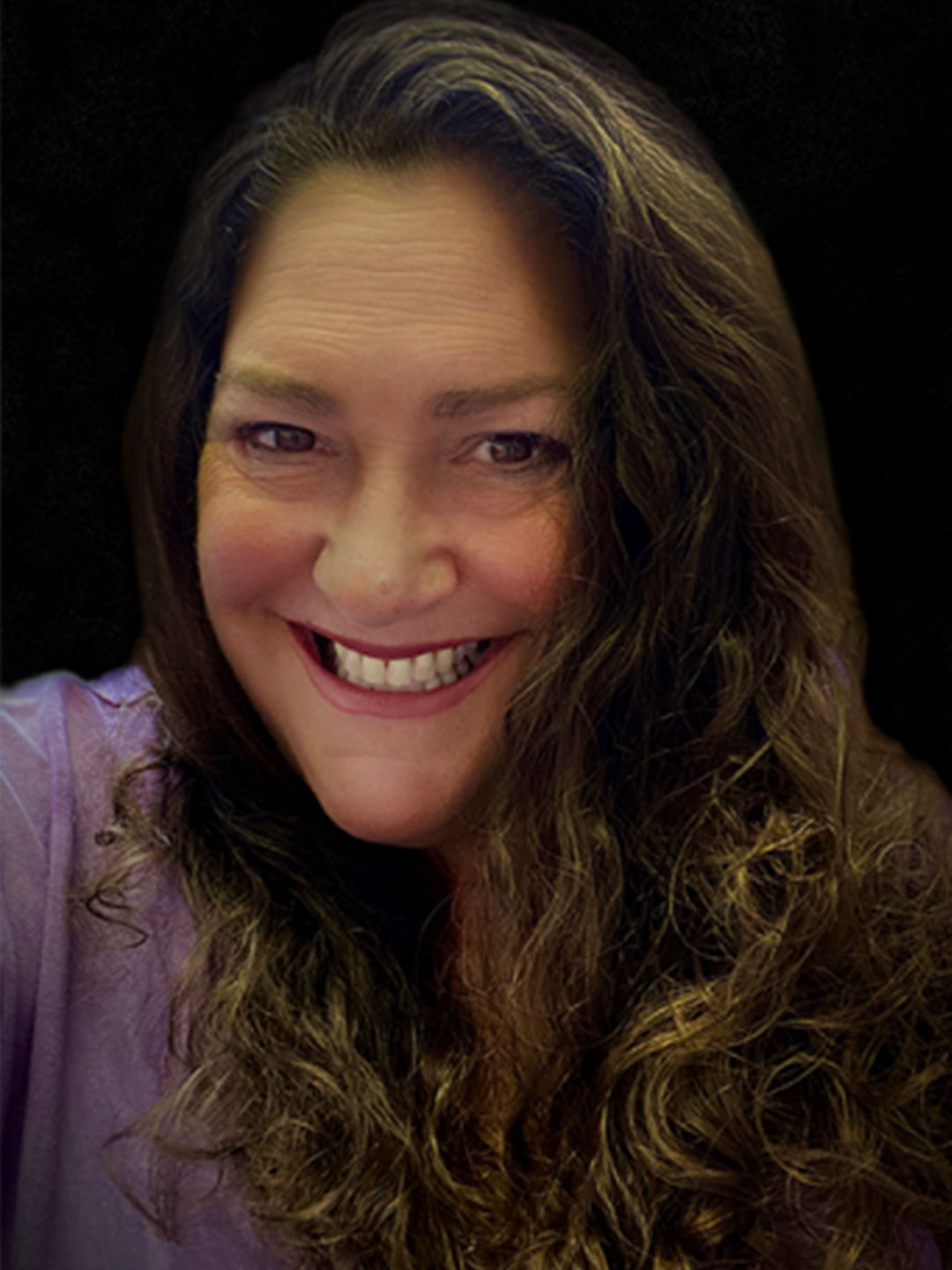 To celebrate 50 years of coeducation at Kenyon, we profiled three dozen of Kenyon alumnae during the 2019-20 academic year. The 36th alumna in the series is Susan Berger ’85. Berger lives in Cleveland, where she is the chief external relations officer for Positive Education Program, a non-profit organization that provides services to children with autism and severe mental health and behavioral challenges. An economics and English double major at Kenyon, Berger has been an active alumni volunteer and currently serves on Kenyon’s Board of Trustees.
To celebrate 50 years of coeducation at Kenyon, we profiled three dozen of Kenyon alumnae during the 2019-20 academic year. The 36th alumna in the series is Susan Berger ’85. Berger lives in Cleveland, where she is the chief external relations officer for Positive Education Program, a non-profit organization that provides services to children with autism and severe mental health and behavioral challenges. An economics and English double major at Kenyon, Berger has been an active alumni volunteer and currently serves on Kenyon’s Board of Trustees.
How do you prioritize your life and get things done?
I ask myself ‘why’ a lot. As I compose my to-do list, I make sure I know why I’m doing what I’m doing, to be certain I’m investing my time in what matters most and in actions sure to keep processes in forward motion.
Where did you first discover your power?
I wouldn’t say that there’s a moment where I made this discovery. It’s an ever-evolving understanding.
I feel my power in connections — connections between people, connections to purpose, and my own authentic connections between heart and mind. There are those moments when you feel you’re in that sweet spot, where being your best self serves the moment and the purpose. There’s a special joy that happens then.
Who at Kenyon inspired you?
This is such a great question and perhaps why Kenyon is one of the greatest gifts in my life, as my Kenyon connections and friendships continue to inspire me. This magical hill in the middle of Ohio has crazy quantities of inspiring people given its small physical footprint. [Professor of Art] Greg Spaid [’68], my photography professor, expanded my appreciation of the joy that comes from the creative process. [The late Professor of Economics] Carl Brehm [H’95] taught me the power of kindness, gifted to me by him at a critical point in my life. But it’s my very favorite English professor, Karen Edwards, whose inspiration I feel each day. She taught me how to connect my heart and mind and express it through words, how to see humanity in everything, and that no matter where we are in life, that thoughtful feedback, when given and received, helps us grow.
What’s the best advice you’ve ever received?
I know that advice is usually thought of in words shared, but for me, I search for that wisdom in the examples of lives well-lived. I often look backwards to those who came before, those shoulders on which I stand. My aunt’s example teaches me how to advocate for myself and others. My father’s daily pursuits of learning inspire my curiosity. My mother’s powerful life example reminds me that our friendship circles always can grow wider and that people give life joy and purpose. My uncle’s life taught me the power of human connection and possibility. He was known to say “flowers for the living” — I hold close to this mantra daily, as it reminds me to be present for friends and family in the here and now.
How has your worldview evolved since leaving Kenyon?
The older I get the more I realize how little I know and how much I still need to learn. At the heart of it all, though, I have come to appreciate that there is nothing more important in this life than to expand my curiosity, deepen my empathy and do all in my power to leave things better than I found them.
This interview has been edited for length and clarity.